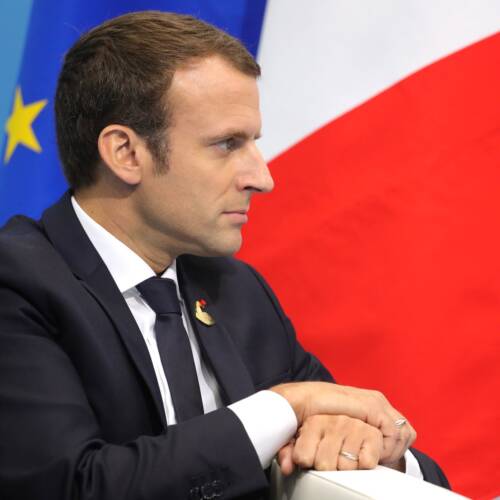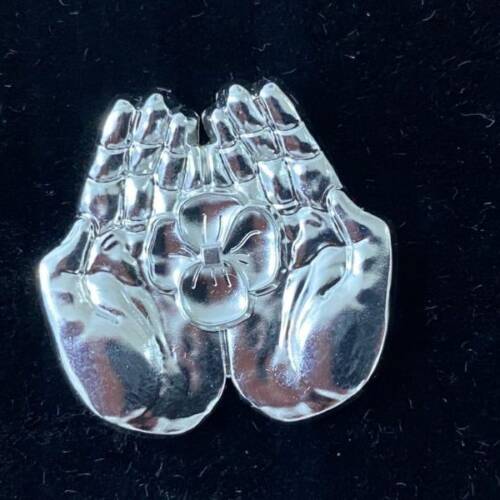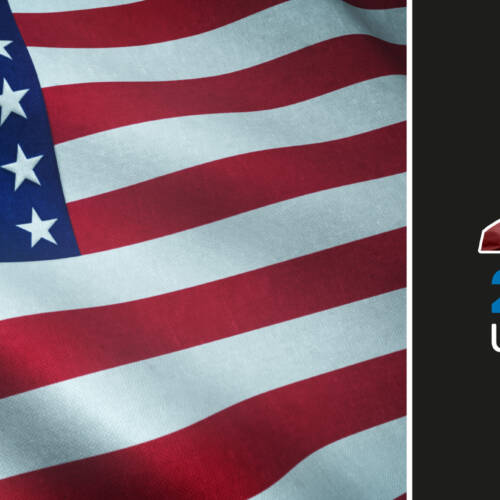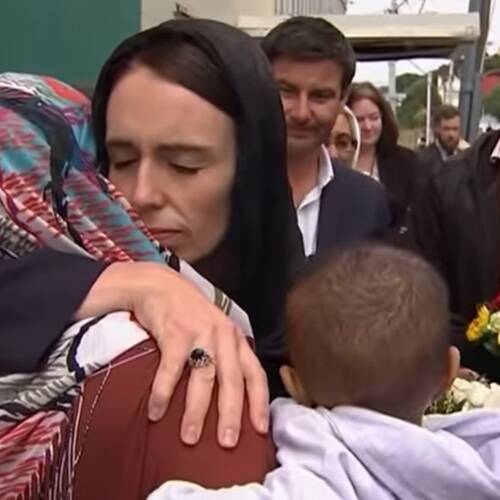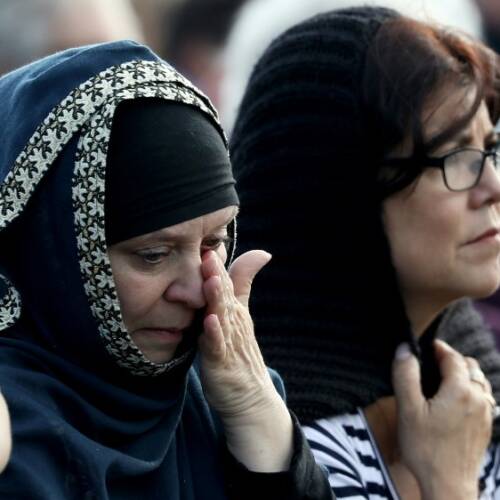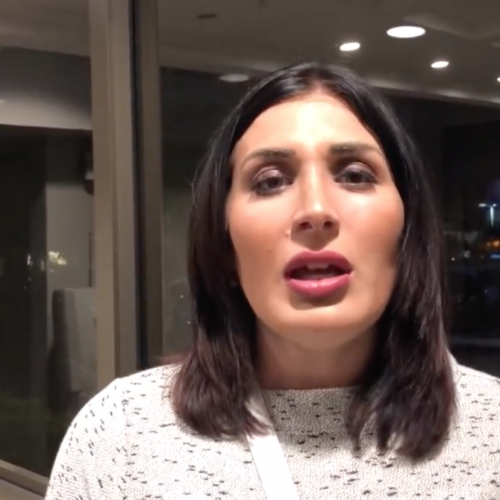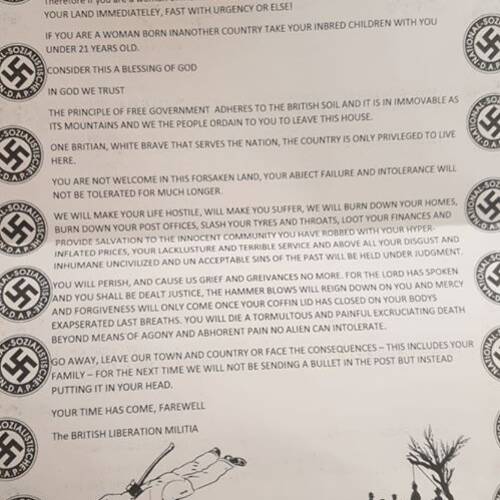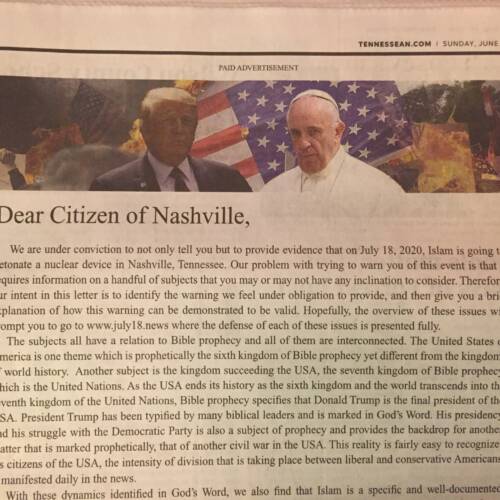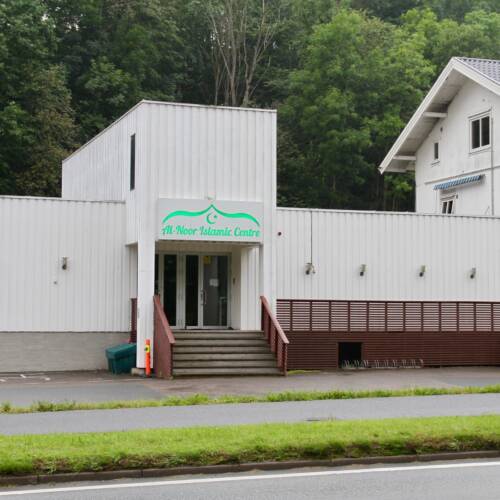
On Remembrance Day Remember the Contributions of Muslims Too
11 Nov 2020Today, on Remembrance Day, communities in the UK, Europe and across the Commonwealth observed a two-minute’s silence at 11am to commemorate the first cessation of hostilities on the Western Front in World War I, which took effect at the “eleventh hour of the eleventh day of the eleventh month” of 1918. It Is also a moment to pay respects to the soldiers and labourers who served and died in the conflict.
Many British Muslims will have great grandparents, aunts, uncles and other relatives who either served in the Great War or were directly affected by it. Despite patches of recognition, Remembrance Day commemorations aren’t as inclusive as they should be.
At a time when the far-right is being increasingly vocal in othering Muslims and their place in Europe, it is important that the recognition and commemoration of Muslim soldiers’ and labourers’ contribution goes becomes mainstream.
The legacy of the Muslims soldiers and labourers who served with the Allies during World War I is especially remarkable.
It is estimated that over four million Muslim soldiers and labourers volunteered to fight in the war, with many of them ending up on the frontlines alongside Christian and Jewish soldiers.
These soldiers came from all over the world, including across Africa, India, the Far East and the Middle East, Russia and even America. India, which at the time also included Pakistan and Bangladesh, boasted some of the largest numbers of Muslim soldiers, estimating at around 400,000 out of 1.5 Million.
Luc Ferrier, who founded the Forgotten Heroes 14-19 Foundation, said that he had found documents in historical archives referring to imams, priests and rabbis learning each other’s burial ceremonies and prayers so they could lay the dead to rest according to their respective traditions. He also found documents discussing how Muslim soldiers would share food with hungry civilians and of Muslim soldiers using folk remedies to save wounded soldiers when medical supplies were low.
Ferrier’s own grandfather wrote extensively in his journal about the “Mohammedans” that he encountered in the trenches and fought alongside. It was what inspired Ferrier to embark on researching the overlooked role of Muslims.
The evidence and legacy of these soldiers is obvious if one knows where to look. The Notre Dame de Lorette cemetery, which contains the graves of 40,000 French soldiers who fell on the Western Front, includes many Muslims whose headstones are identifiable by Arabic inscriptions and shaped like a dome.
World War II Heroes Included Numerous Muslims
Much like the current storytelling of World War I, the Second World War is usually presented through a very Eurocentric lens. This is unsurprising given that the nations at conflict – except for Japan – were European or otherwise Western. However, regardless of the politics of war, we should not dismiss the truth that many Muslim soldiers served and lost their lives.
“There also seems to be a tendency to leave out of the narrative, the Algerians and the North Africans, all of who were Muslims and fought on the French side in the tens of thousands,” said Michael Wolfe, the Executive Producer of Enemy of the Reich. The film covers the contribution Noor Inayat Khan, a British Muslim World War II spy who was executed by the Nazis in 1943.
Only in recent times have Khan’s actions and her sacrifice been recognised by the UK at large.
Her story, while remarkable, serves as a small representation of other remarkable Muslim soldiers and labourers who served with the British, making up about 40% of the British Indian army alone.
Even Winston Churchill recognised this.
“We must not on any account break with the Moslems, who represent a hundred million people, and the main army elements on which we must rely for the immediate fighting” he said on a letter penned to the US President, Franklin Roosevelt.
Why Is It Important to Remember?
Unfortunately, for a number of reasons, these contributions receive little attention today, even from some Muslims. A survey in 2014 found that only 22% of the British public knew that Muslims fought for Britain during World War II, coming at the bottom compared to Jewish, Sikh, Hindu and Christian soldiers. And only 2% got the numbers right.
The lack of knowledge or interest towards Britain’s wartime history seems to be a common problem across the board. This lack of interest, which includes young British Muslims, is in no way exclusive, but has allowed the far-right to increasingly weaponise remembrance and patriotism for their own purposes.
In doing so, they are trying to rewrite history at our expense, dismissing if not outright erasing the contribution of Muslims, which is also disrespectful to the wider armed forces community and living veterans.
“Muslims are portrayed as the enemy within, that they are recent arrivals who have never made a valuable contribution to Europe. But we can show that they have sacrificed their lives for a free Europe, have helped to make it what it is and that they have a right to be here,” said Ferrier who also warned that far-right and Islamophobia are both on the rise across Europe.
The fact that contributions of those such as Noor Inayat Khan are being recognised is an important step. And it is heartening to see more research and literature on the matter coming out.
Indeed, on Remembrance Day, the legacy of Muslim soldiers and labourers who served and died for Britain and Europe is more important to remember than ever. They too gave the ultimate sacrifice and must also be credited for the freedoms we all enjoy today.






